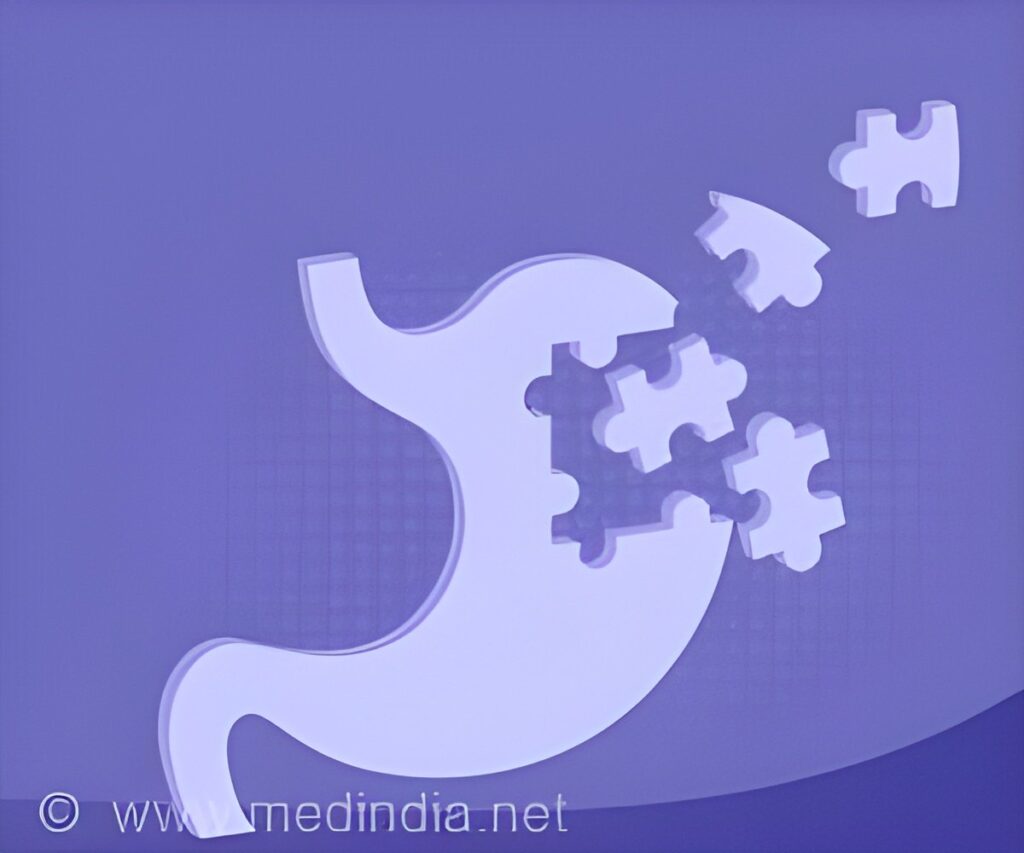AI and machine studying uncover intestine biomarkers that may diagnose a number of digestive illnesses with excessive accuracy.
In case your intestine might speak—what secrets and techniques would it not reveal about your well being? Scientists have now decoded a few of these mysteries, utilizing AI and machine studying to search out particular indicators in your intestine referred to as biomarkers. These tiny clues, hidden in intestine micro organism and chemical compounds, might help detect severe abdomen issues like gastric cancer (GC), colorectal most cancers (CRC), and inflammatory bowel illness (IBD)—typically earlier than signs even present. And the perfect half? This may be performed in a much less painful, non-invasive manner. It’s not simply science—it’s a step towards customized, early healthcare that might save lives(1✔ ✔Trusted Supply
Deciphering microbial and metabolic influences in gastrointestinal diseases-unveiling their roles in gastric most cancers, colorectal most cancers, and inflammatory bowel illness
).
Intestine Detectives: Micro organism That Whisper Warnings
Not all micro organism are dangerous—some are like tiny detectives inside your intestine. On this examine, researchers discovered that sure micro organism seem extra typically in folks with GC, CRC, or IBD. For instance, Firmicutes , Bacteroidetes had been widespread in gastric most cancers, whereas Fusobacterium confirmed up in colorectal most cancers. These micro organism might maintain clues to what’s occurring in your physique earlier than any exams or scans can catch it. Your intestine seems to know you’re sick earlier than you do.
Chemical Clues: The Secret Language of Metabolites
Your intestine additionally produces chemical compounds referred to as metabolites, which act like alerts from the physique. This examine discovered that dihydrouracil , taurine ranges modified in folks with gastric most cancers, whereas nicotinamide , isoleucine stood out in colorectal most cancers. In IBD, chemical compounds like urobilin and glycerate had been key. These little substances may appear invisible, however they’re highly effective indicators of what’s going fallacious deep inside you. Recognizing them early might imply quicker, focused remedy.
One Illness, Many Solutions: When Fashions Cross Paths
Right here’s one thing superb—a mannequin educated on gastric most cancers information might precisely predict IBD, and vice versa. This implies the illnesses share widespread warning indicators, regardless that they’re completely different. The AI wasn’t simply good—it was extremely correct, giving researchers new hope for shared diagnostic instruments. As a substitute of needing a special check for each illness, one check may quickly detect a number of situations directly.
From Endoscopy to Ease: A Future With out Invasive Checks
Let’s face it—Endoscopies and biopsies could be painful, traumatic, and costly. What if we might diagnose these illnesses with only a stool or breath check? This analysis takes us nearer to that actuality. Utilizing microbiome and metabolome information, scientists are engaged on non-invasive exams which might be cheaper, quicker, and simpler. Early prognosis might turn out to be so simple as visiting your physician for a routine check-up.
What’s Subsequent? Turning Science into Life-Saving Instruments
This isn’t simply analysis for the lab—it’s for folks such as you and me. The crew now plans to check these findings on bigger, various affected person teams, and work on making them accessible in hospitals and clinics. Their dream? To create common, easy-to-use diagnostic instruments that may change how we spot digestive illnesses endlessly. It’s science with a goal—to detect illnesses earlier, deal with them higher, and provides folks longer, more healthy lives.
References:
- Deciphering microbial and metabolic influences in gastrointestinal diseases-unveiling their roles in gastric most cancers, colorectal most cancers, and inflammatory bowel illness
– (https://pubmed.ncbi.nlm.nih.gov/40380167/)
Supply-College of Birmingham
